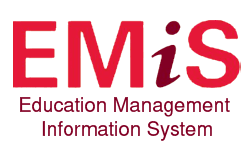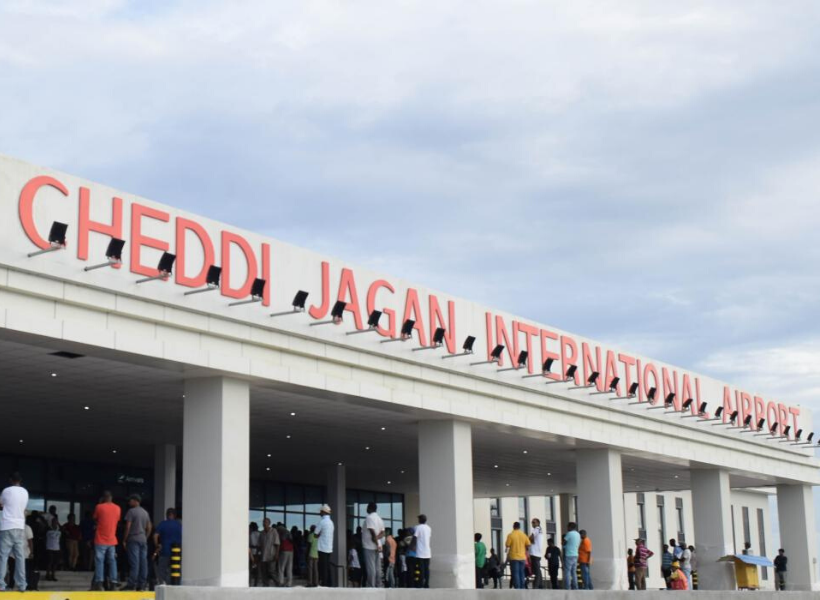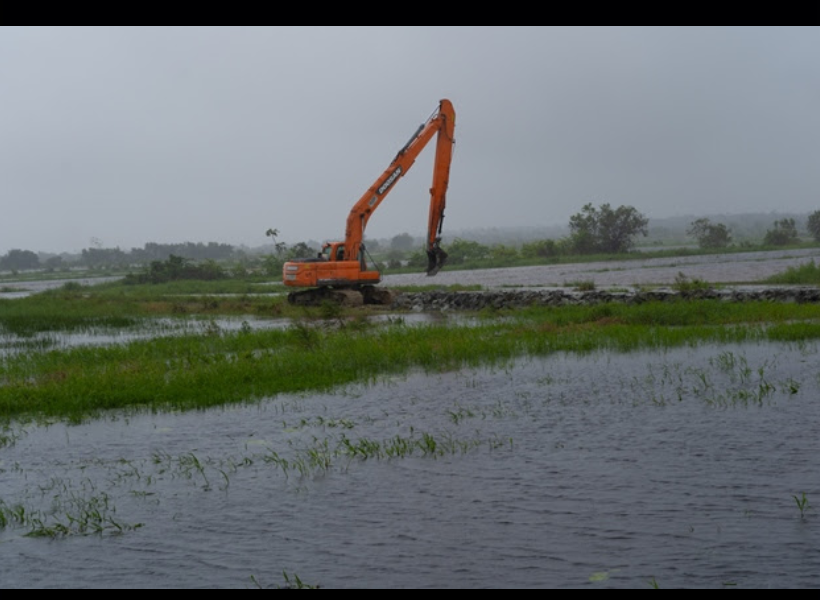As part of the PPP/C Government’s efforts to provide innovative strategies for education delivery, by the end of the year, some 20 smart classrooms will be created for secondary schools increasing the total to 36.

As part of its transformational approach to improving access to education across the region, over 7,500 tablets with offline functionality in places with inadequate connectivity will be procured by the government.
This is in keeping with the government’s aim to make educational opportunities accessible to all children regardless of their geographic location.
The implementation of ICT and EMIS will offer real-time data and statistics for improved scheduling, oversight, and management of the schools.
Over 15,000 students, all secondary schools’ headteachers, and 980 teachers at the Grade 7 level received training in the usage of online educational resources to promote student learning in 2022.
Through this training, teachers and students were able to interact digitally during assessments.
Improving performance across all levels and curricula development
To guarantee that students have enough contact hours to improve their performance, the government will implement innovative techniques to engage students and increase attendance.
The government understands the need for curriculum reform in providing high-quality instruction for lifelong learning. New primary and nursery school curricula were created in this regard.
The curricula for Grades one through four are expected to be completely rolled out in 2023.
In addition, training on the use of these updated curricula, which incorporates cutting-edge teaching strategies and are more student-centered, will also continue.
The government has budgeted $94.4 billion for the country’s education sector to create a world-class educational system and produce greater human capital, with a focus on ensuring fair access to high-quality education. (Department of Public Information)








